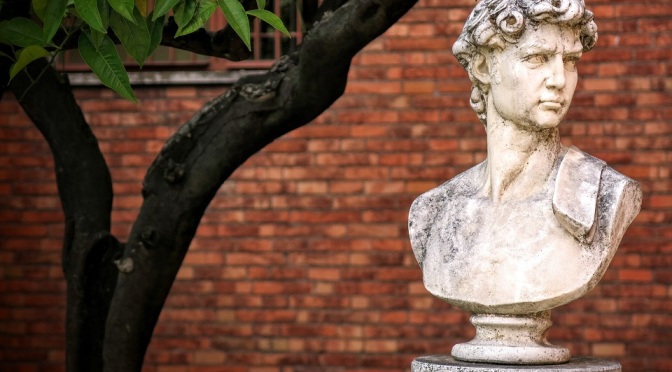In Ontario, public schools have strict zoning rules dictating which children can attend the school. The only way parents can have any say in where their child attends public school is if they are willing to move to a different neighbourhood altogether so that they can access a particular public school. Some exceptions apply if a child is enrolled in a specialized program at a distant public school, but these are rare cases.
Mississauga private schools on the other hand do not implement geographical restrictions on their student population, so that anyone is free to attend regardless of their home location as long as they meet the admission requirements.
Without this essentially insurmountable restriction, parents are free to pick from a plethora of options for their child’s future. There are many different types of private schools: Montessori, faith schools, boarding schools, single gender schools, prep schools… Each private school boasts of different affiliations, and there are many private schools across the financial spectrum, from the more affordable to the big investments like Upper Canada College.
But there is no need to rule out private schools with higher annual fees. Most private schools have a financial assistance program in addition to scholarships and bursaries to help families enrol their children.
So in conclusion, private schools provide more options for your child’s education. They do not limit attendance based on zoning rules, and offer many more learning models than traditional schooling, such as inquiry-based learning and concept-based learning. They come in all shapes and sizes, and offer many more programs in addition to the standard provincial curriculum.



